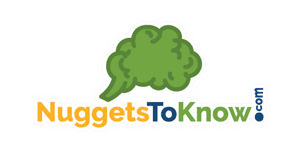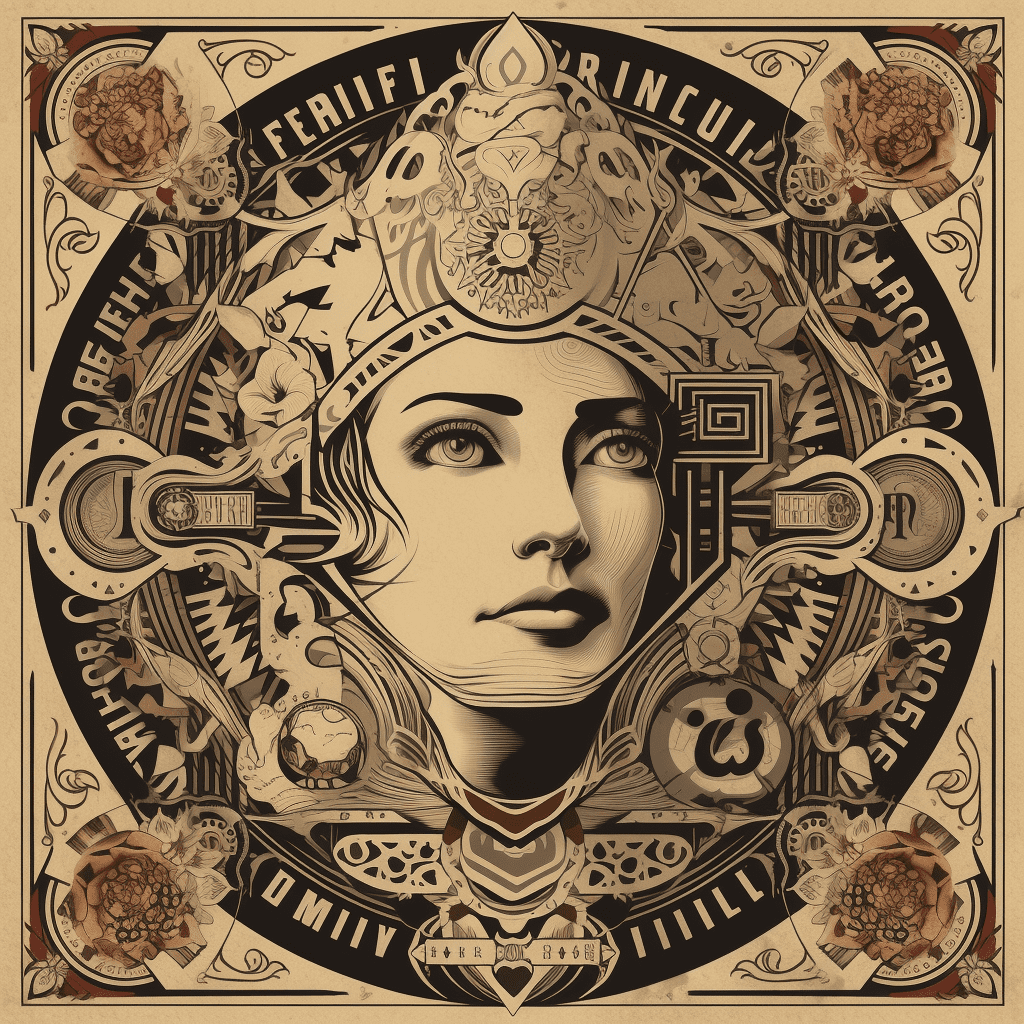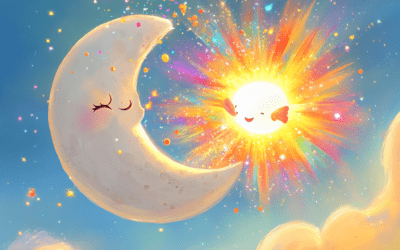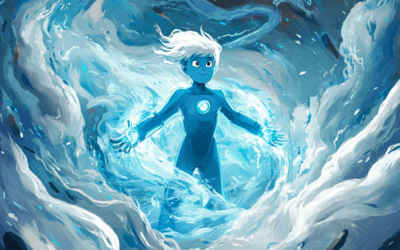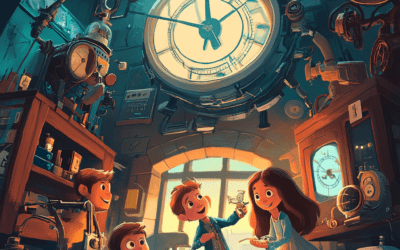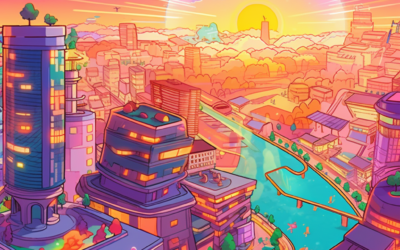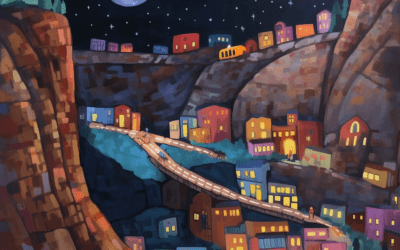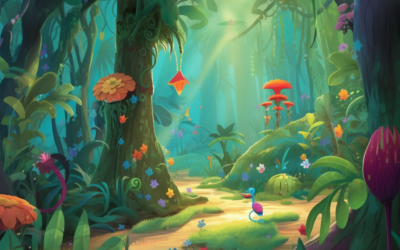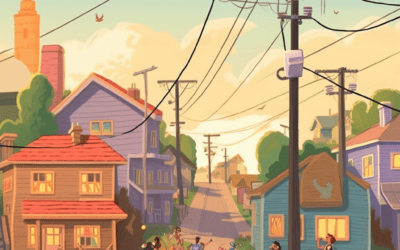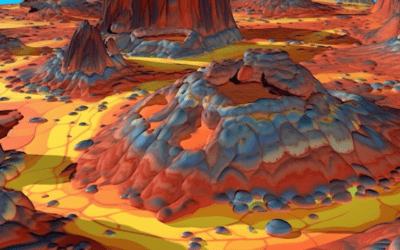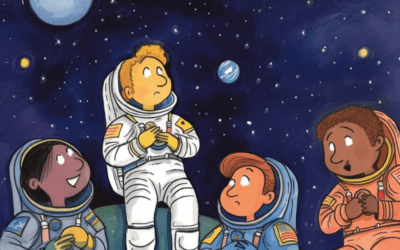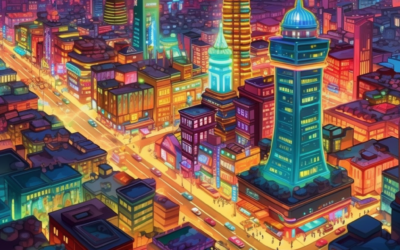How do we truly know anything?
As humans, we are constantly seeking knowledge and understanding about the world around us. But how do we know if something is true or not? It’s a big question, and philosophers and scientists have been pondering it for centuries.
Our senses: Seeing is believing?
One way we gain knowledge is through our senses. We use our eyes to see, our ears to hear, and our hands to touch. Our senses help us understand the world, but they can also be fooled. For example, have you ever seen a mirage on a hot day? It looks like water, but it’s not really there. So, while our senses can give us some information, they are not always reliable.
Logic and reasoning: Thinking it through
Another way we gain knowledge is through logic and reasoning. We use our brains to think and make sense of things. By using evidence and facts, we can come to logical conclusions. For example, if we see dark clouds in the sky and feel raindrops, we can logically conclude that it’s going to rain. But even our thinking can sometimes be flawed, so we have to be careful.
Scientific method: Testing our ideas
Scientists have developed a special way to find out if something is true or not. It’s called the scientific method. Scientists make observations, ask questions, form hypotheses (educated guesses), conduct experiments, and analyze data. By following this process, scientists can gather evidence to support or disprove their ideas. This helps us build reliable knowledge about the world.
Experience and learning from others
We also gain knowledge through our personal experiences and by learning from others. When we touch a hot stove and get burned, we learn that stoves can be dangerous. And when we listen to our parents, teachers, and friends, we learn from their experiences and wisdom.
So, how do we truly know anything? We use our senses, think logically, use the scientific method, and learn from our experiences and others. But it’s important to remember that knowledge can always be improved and updated as we discover new information. It’s a lifelong journey of learning!
